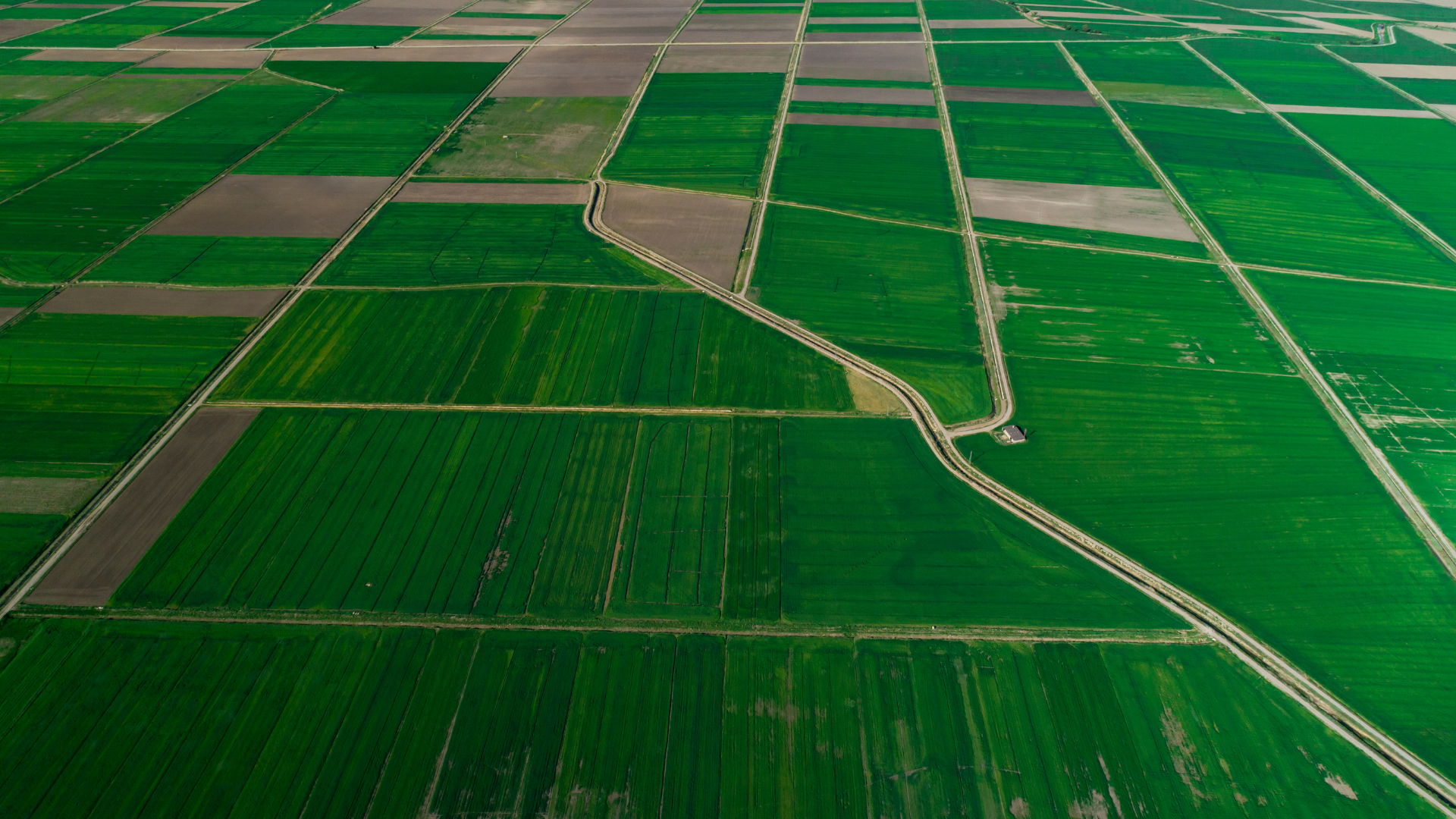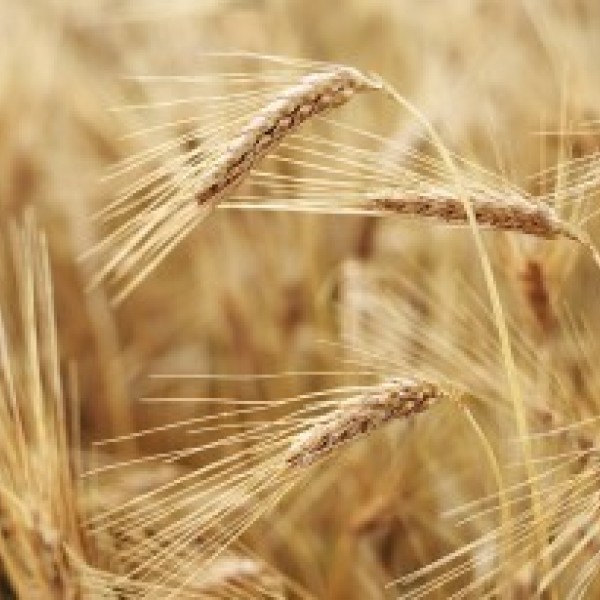The findings
The study identifies stark discrepancies in food production data worldwide, notably within livestock, fisheries, and aquaculture sectors. These sectors experience pronounced data gaps, especially at national and local levels, due to irregular and complex data collection methods such as censuses and surveys, which are often restricted by resource availability. The findings highlight an urgent need for regular, comprehensive data collection and standardized, accessible databases to bolster transparency and guide effective food security interventions.
Why it matters
Reliable data is indispensable for targeted food production interventions, crucial for tackling food insecurity and climate change adaptation. The study calls for an urgent digital transformation in agricultural data management practices, leveraging AI and real-time data to improve decision-making and ensure that sustainable food production strategies are effectively implemented where they are most needed.
What the experts say
“Food production is a critical part of global sustainability and because of this, data availability has huge implications in terms of food security and water sustainability worldwide. In terms of data availability and quality, most of the data scarcity has been observed in those developing regions such as Central America, sub-Saharan African countries, North Africa and some parts of Asia, with the exception of India and some other countries which have a significant data quality. In those developing countries, they may have challenges related to inadequate financial and human resources available for an agricultural census.”
- Endalkachew Kebede, lead author and doctoral student in the Department of Geography and Spatial Sciences in UD’s College of Earth, Ocean and Environment
"Advancing our agricultural and food systems into the digital age necessitates a revolution in our data collection, analysis, and dissemination practices. Currently, we are significantly lagging in our ability to harness real-time data, which is essential for informed decision-making. The potential for AI to transform our data ecosystems is immense, offering opportunities for real-time updates and integrations. This not only accelerates our response times but also enhances the precision of our strategies. The next generation of tools must be designed to leverage these technologies, ensuring that we are not just keeping pace but setting the pace in data innovation for agriculture and food sectors."
- Mario Herrero, professor in Cornell CALS Global Development, director of Food Systems & Global Change, and a Cornell Atkinson scholar
“Ultimately, we’re interested in increasing food production, doing it sustainably and making sure that that food production is well adapted to climate change. If you want to have targeted interventions that realize the largest benefits, you need to have confidence that you’re providing an accurate spatial representation of where those activities are happening. That is fundamentally why the data scarcity issue is so important. If you don’t have reliable underlying agricultural statistics, then you can’t, with confidence, say that this crop or this animal or this fish product is being produced in this particular place. And then you can’t reliably say, ‘this is where an intervention should take place.'"
- Kyle Davis, assistant professor in the Department of Geography and Spatial Sciences and the Department of Plant and Soil Sciences, as well as a resident faculty member with UD’s Data Science Institute
Read the full study:
"Assessing and addressing the global state of food production data scarcity"
Study authors
Endalkachew Abebe Kebede, Hanan Abou Ali, Tyler Clavelle, Halley E. Froehlich, Jessica A. Gephart, Sarah Hartman, Mario Herrero, Hannah Kerner, Piyush Mehta, Catherine Nakalembe, Deepak K. Ray, Stefan Siebert, Philip Thornton & Kyle Frankel Davis
Affiliations
Department of Geography and Spatial Sciences, University of Delaware; Global Fishing Watch; Environmental Studies, University of California Santa Barbara; Department of Ecology, Evolution and Marine Biology, University of California Santa Barbara; Department of Environmental Science, American University; Department of Environmental Science, Policy, and Management, University of California Berkeley; Department of Global Development, Cornell University; Cornell Atkinson Center for Sustainability, Cornell University; School of Computing and Augmented Intelligence, Arizona State University; Department of Geographical Sciences, University of Maryland at College Park; Institute on the Environment, University of Minnesota; Department of Crop Sciences, University of Goettingen; Clim-Eat, Wageningen; Department of Plant and Soil Sciences, University of Delaware





